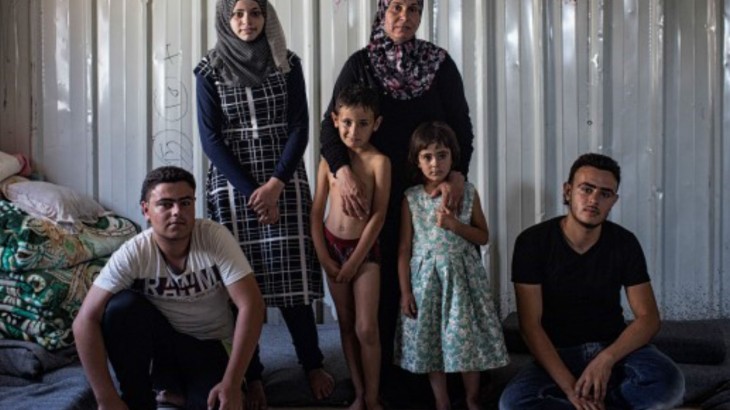Jordan: Facts & figures on ICRC's work from July to September 2016

As the border with Syria remains closed after a suicide car bomb attack on June 21 in Rukban, tens of thousands of stranded asylum seekers are in need of urgent assistance in the berm area. The vast majority are women, children and the elderly who have been stranded for months in extremely harsh conditions.
At the beginning of 2016, other humanitarian organisations started operating at the berm. As a consequence, the ICRC adjusted the scope of its programmes: while maintaining health activities, it handed over the provision of food and water assistance to other actors. Following the June car bomb attack, humanitarian operations at the berm were put on hold, with the exception of the provision of water. In July, after having carefully assessed the situation, the ICRC informed the authorities and humanitarian organisations that it would not take part to a possible resumption of the activities at the berm.
From July to September 2016:
- 110,000 ready-to-eat meals and other food, emergency and hygiene items were distributed to asylum seekers at the Ruwayshid transit site.
- 208 detainees received visits in 11 places of detention.
- 135 Red Cross messages and 80 oral greetings were exchanged between detainees and their families.
- 15 kilometres of vital water pipes underwent repairs in Mafraq governorate, as did three pumping stations in Irbid governorate.
- 400 Syrian refugees underwent medical checkups and 100 received health care in Mafraq.
- 2,150 medical and antenatal consultations were conducted for asylum seekers at the Ruwayshid transit site.
- 2 700 phone calls were provided for Syrian refugees in Zaatari and Azraq camps, to help them re-establish and maintain contact with family members in Syria and elsewhere.

